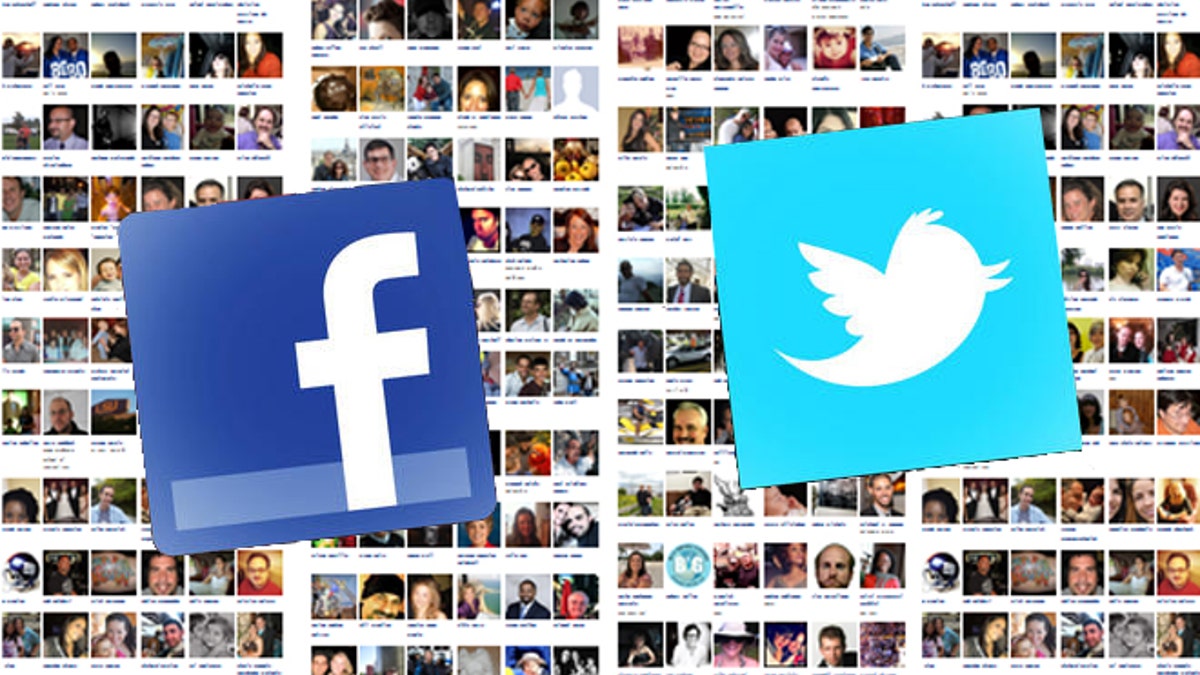
Top executives from Facebook and Twitter will undergo questioning before the Senate Intelligence Committee Wednesday from senators outraged by a rising deluge of scandals over online censorship, privacy invasion, secret data mining, fake news, hate speech and disinformation warfare campaigns by foreign nations.
Google was invited to the hearing as well but refused to send a top executive.
The concerns the Intelligence Committee are exploring are real, the dangers clear and present. But can we legislate our way out of this mess?
Heading into a historic midterm elections in November, foreign nations are actively attacking our social media in coordinated disinformation campaigns designed to sow social discord and political confusion.
Just last week, Facebook revealed it had found hundreds of fake accounts apparently generated by Russian and Iranian state-sponsored hacking crews.
Committee Chairman Sen. Richard Burr, R-N.C., has warned: “Election influence from abroad represents an intolerable assault on the democratic foundation this republic was built on.”
Perhaps the scariest news yet is that Facebook can lead to violence that leaves people injured or even killed. A new landmark study has directly linked increases in per-person use of the social platform to large spikes in bigotry-fueled violence.
As their creations have spun out of control, social media companies have scrambled to develop programmatic solutions, many of them problematic. Facebook, for example, has been deploying a “trustworthiness” score to users in order to decide whose posts should be highlighted and whose should be buried.
While meant to combat fake news, trolls and bot accounts, this algorithm to automatically rate people – reminiscent of China’s Orwellian “social credit” system – is a far cry from any ideal of an open and democratic national discourse. Instead, these are the types of cures that could kill the patient.
Despite the shocks of the current moment, there is also a sense of deja vu. We’ve been on this journey with Facebook and other tech giants for the last 10 years or more. It’s like a “Groundhog Day” of repetitive scandals.
Each time, storms of outrage, the distant thunder of looming legislation, and blizzards of #DeleteFacebook hashtags all soon melt away, as a numbing reality sets in. After the standard stages of anger and grief, most users come to realize there is no alternative.
To even consider leaving Facebook, despite its many fails and depredations, is difficult. For many, it would mean cutting off from friends, family and professional networks. It would mean vanishing from social circles and political tribes – in short, a sort of modern exile or excommunication.
And there truly is nowhere to go. Facebook, Google, and the select members of our 21st century digital oligarchy have either laid waste to their enemies (read: competition) or colonized them (think Instagram).
Nearly half of all Americans now get their news from Facebook. So at the current scale, decisions made by Facebook and other social media companies have an outsized impact on our entire society.
When Facebook tweaks an algorithm for managing the flow of news, when Twitter posts a refreshed terms of use policy, or when Google adjusts its privacy defaults, those acts of curation now have the same impact as would a sweeping censorship law in years past.
The discourse and interactions of millions, even billions, of people are shifted with each secret edit of code.
At Wednesday’s hearing, Intelligence Committee members will ask executives of Facebook and Twitter what they plan to do to counter malign actors, including foreign attempts to disrupt free and fair elections.
Senators will also ask about efforts to balance concerns over fake news and hate speech with the desire for an unimpeded flow of information and unfettered opinion. And they will once again demand an accounting for various breaches of privacy, personal data and trust.
All of these questions and concerns are valid. And most all of them have been asked and answered before, with promises made and with wringing of hands – but with no significant result.
Sen. Mark Warner, D-Va., the ranking member of the Intelligence Committee, has floated a white paper listing 20 policy proposals. Warner suggests legislative and regulatory action to reduce anticompetitive behavior, support public education and promote transparency of business practices.
Worthy in intent, these specific recommendations may be fixes around the edges. Moreover, the white paper itself warns that these suggested policies could have unforeseen effects and could potentially worsen the problems they are meant to address.
More importantly, Warner’s white paper spotlights the likely root cause of many problems: “the rise of a few dominant platforms.”
At Wednesday’s hearing and in the other congressional committee hearings that will follow, asking social media companies to do better simply won’t work. Nudging them with little carrots and sticks won’t alter their efforts to become even larger and more powerful. Instead, the overall conditions must be reset.
Let’s name the core problem, once and for all. What we are witnessing is a concentration of enormous power in just a handful of companies. When this happens, the cost of service becomes far too high. In this case, the price is not in dollars but rather to personal privacy, the free flow of information, human safety, the First Amendment and our democracy itself.
Tech giants like Facebook, Twitter and Google have grown so powerful that they can – whether through intent or incompetence – unleash serious threats to our society and political system. Yet they remain secretive and unaccountable.
The time has come for a serious consideration of antitrust action against these companies. They’re just too big now, and therefore too dangerous.
